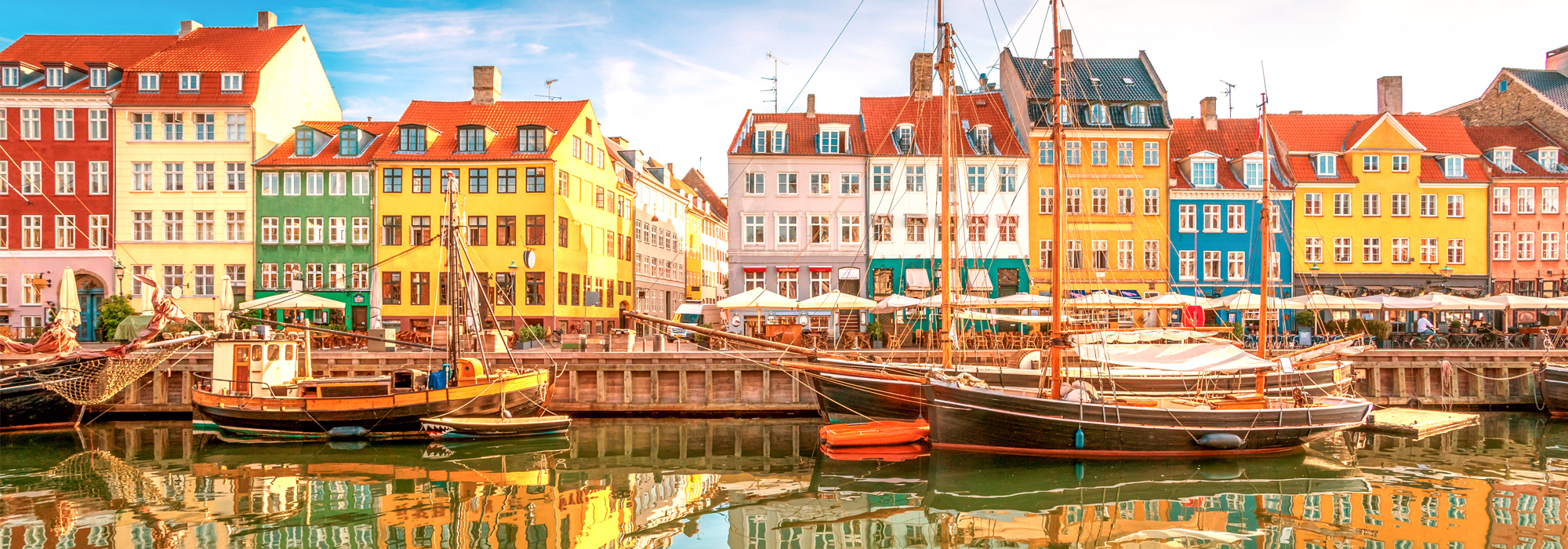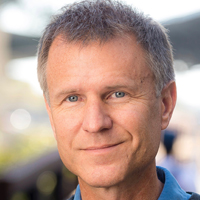
Reduction of economic insecurity is one of the great achievements of the past century. In the world’s affluent democratic nations, living standards for the least well-off have risen significantly and financial stability has increased.
Some countries have done better than others. Poverty rates range from 24 percent in the United States to 19 percent in Canada to 12 percent in Norway and Denmark. More direct indicators of material deprivation are inability to consistently pay rent and utility bills, living in overcrowded conditions, having to live in an area with excessive pollution or crime, and facing constrained food choices. About 15 to 20 percent of households suffer one or more of these hardships in Italy and Portugal, compared with 5 percent in Sweden and Denmark. Financial instability also varies. In South Korea, Spain and the United States, when an individual experiences a decrease in earnings of 20 percent or more from one year to the next, the household experiences a comparable decrease in income around 66 percent of the time. In Sweden, Denmark and Norway, it happens only 34 percent of the time.
The most important contributors to success in achieving economic security are a big welfare state (expansive, generous public social programs) and a high employment rate. How does a nation combine these two things? In other words, how can it get lots of people into paid work when it provides very generous benefits to those not in work? Two keys are employment-oriented public services (early education, affordable college, retraining and job placement assistance, lifelong learning) and not-too-heavy regulation of product and labour markets.
Denmark, Sweden, Norway and Finland are the leading exemplars of this “social democratic” policy configuration: large welfare state, employment-oriented public services, and modest product market and labour market regulations. It’s no surprise, therefore, that these countries have been the most successful at achieving low levels of economic insecurity. Perhaps due to their long-standing commitment to universal high-quality affordable early education (child care and preschool), they also seem to be world leaders in reducing inequality of opportunity.
Denmark, Sweden, Norway and Finland have been the most successful at achieving low levels of economic insecurity.
While economic security and equality of opportunity deserve a privileged position, most of us have a vision of the good society that includes much more. Are there trade-offs? In its pursuit of economic security and equal opportunity, does social democratic capitalism sacrifice other aims, such as freedom or economic growth, or family or happiness? We have data for these outcomes and many others, and the answer appears to be no.
Begin with freedom. The Cato Institute, a libertarian think tank in the US, has assembled a “personal freedom index” that measures legal protection; security; freedom of movement; freedom of religion; freedom of association, assembly and civil society; freedom of expression; and freedom in relationships. The countries that rank highest on this index are Denmark, Sweden and Norway. An additional source of information about freedom is public opinion surveys. Since 2005 the Gallup World Poll has asked a representative sample of adults in various countries whether they are satisfied or dissatisfied with their freedom to choose what they do with their life. The Nordic nations are among those with the largest share responding “satisfied.”
It’s long been asserted that a big welfare state will tend to reduce economic growth. But the experience of the rich democratic nations suggests otherwise. Those with a larger welfare state, or with higher overall government taxes and spending, or with faster-rising taxes and spending, haven’t tended to grow more slowly. The historical pattern within countries yields a similar conclusion: these nations have sharply increased taxes and government expenditures over the past century, yet most have experienced a constant rate of economic growth, rather than the declining rate we would expect to observe if big government were a hindrance. Also, the Nordic countries consistently score high on rankings of innovation, which is the key driver of growth over the long run.
It’s conceivable that by reducing the need to have a partner to help with the breadwinning and child rearing, government services and transfers cause fewer people to commit to long-term family relationships. Yet when we look at the share of children who grow up in a two-parent household, the Nordic countries are middling, not bottom. And they’re near the top in fertility.
What about happiness? A generation ago Denmark and Finland had high suicide rates, but those rates have decreased a good bit, and in recent years all four Nordic countries have been in the middle of the pack when it comes to suicide, despite their cold weather and long periods without sunshine. On surveys of happiness and life satisfaction, the Nordic nations consistently score at or near the top.
The story is similar for many other outcomes. The Nordic countries are average or better on indicators of health, education, safety, shared prosperity, inequality, work-family-leisure balance, civic engagement, environmental stewardship and government debt. (Their one noteworthy failing is limited openness to immigrants; only Sweden has embraced sizable inflows of persons who are not white and have limited schooling.) Social democracy’s doubters have long asserted that it’s actually no better than other models at helping the least well-off, or that its achievements inevitably come at the expense of other desirable outcomes. As our evidence base grows, this skepticism is looking less and less reasonable.
Is the model’s success transportable? By that I don’t mean to ask whether other nations can adopt social democratic policies. Surely they can, if policy-makers recognize the likely benefits and if political conditions are favourable. Indeed, getting to Nordic levels of social policy expansiveness and generosity would require relatively little change compared with what’s already occurred in rich countries over the past century. And many continental European countries have been moving toward Nordic-style employment promotion in recent decades. Instead, what I mean is this: Can social democracy work well only in Scandinavia? Is the Nordic countries’ ability to utilize social democratic policies without suffering trade-offs nonreplicable?
Can social democracy work well only in Scandinavia? Is the Nordic countries’ ability to utilize social democratic policies without suffering trade-offs nonreplicable?
One common argument points to the Nordic nations’ small size and ethnic homogeneity. But while these characteristics likely helped the Nordic countries adopt social democratic policies, it isn’t clear why they would contribute directly to successful outcomes.
Could it be that Scandinavians are more intelligent than the rest of us, enabling them to remain highly innovative even in the face of high tax rates? That seems unlikely: Danish, Norwegian and Swedish teenagers score below average on the PISA assessments of reading, math and science skills.
Does a “Viking work ethic” make them immune to work disincentives created by generous social programs? That too looks unlikely. In the late 1980s, when sickness insurance benefits were very generous and easy to qualify for, Swedes missed work because of “sickness” an average of 25 days per year. And the number of hours worked per year by the typical person in the Nordic countries is average or below average compared with the number in other affluent nations.
The level of interpersonal trust is high in the Nordic countries. But while some scholars have argued that trust is key to good economic and social outcomes, the evidentiary basis for this conclusion is thin. Moreover, there’s no reason to think a high level of trust is nonreplicable. Interpersonal trust is strongly correlated with confidence in government, both across countries and over time within countries. Danes’ and Swedes’ level of trust was matched by Americans’ until confidence in government plummeted in the US in the 1960s and 1970s. What gets you high confidence in government? One compelling argument attributes it to a large universalistic welfare state.
So social democratic capitalism helps countries achieve economic security and equality of opportunity, it does so without imposing trade-offs, and its success very likely can be replicated by other rich democratic nations. Wise policy-makers in Canada, the United States and elsewhere will take note.
This article is part of the special feature Inclusive Growth in an Age of Disruption
Photo: Nyhavn, Copenhagen. Denmark and the other Nordic countries lead in economic security measures and score near the top in equality, happiness and life satisfaction. Shutterstock, by LaMiaFotografia.
Do you have something to say about the article you just read? Be part of the Policy Options discussion, and send in your own submission. Here is a link on how to do it. | Souhaitez-vous réagir à cet article ? Joignez-vous aux débats d’Options politiques et soumettez-nous votre texte en suivant ces directives.








